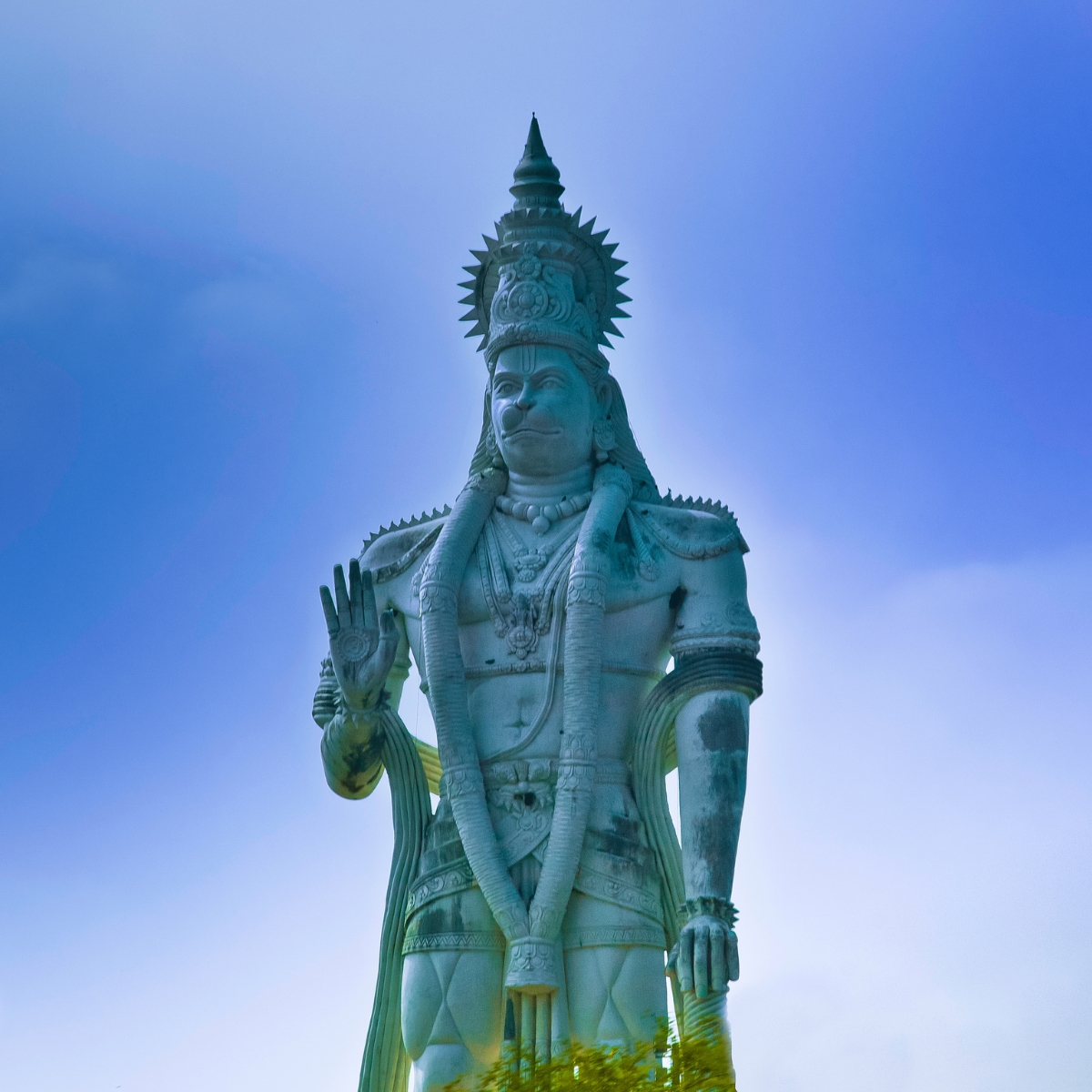Introduction
The primary audiences of these narratives were not only the ancient Greeks but these narratives helped explain phenomena such as thunder and lightning, joy and sorrow, and even existence. To this date, the myths that originate from the ancient Greek culture still remain popular and even influence modern creative works, artistic brainstorming, and mass media.
PAN Theater, Evaluator of the Greek Gods and Goddesses
Greek mythology is based on Olympian deities, which comprises twelve principal gods and goddesses managing different spheres of life.
*Zeus: The principal war deity, the owner of Olympia and the God of heavens and thunders.
*Hera: Wife of Zeus and queen of the gods, the goddess of marriage and the family.
*Poseidon: Sea, Earthquake and Horse-riding, brother to the lord Zeus.
*Athena: Greek – Olympian Goddess of wisdom, warfare, and civilization; Athena was born out of her father’s forehead.
*Apollo: The Greek-Doric deity of music, poetry, prophecy and health; solar in context.
*Artemis: Apollo’s twin sister; she is the goddess of hunting, forests, and wild animals, as well as childbirth.
*Aphrodite: Sexual and marital passion, virgin archetype and Huntress, Nereus’ daughter born from the foam.
*Hades: The god that comes from few people inhabited parts of Tyria, the god of the old days, the god of death, the master of death.
*Demeter: A goddess that is mostly sculpted as a harvester and a representation of the yield fertility.
*Hermes: The Herald of the gods, the god of Merchants, Thieves,rogues, wandering/traveling people and athletes.
*Dionysus: God of wine, revelry,, and orgy, symbolizing the irrational and the instinctual in man.
Heroes and Their Great Exploits
Greek mythology also presents many heroes and their amazing stories that encourage heroism and proper behavior.
*Heracles (Hercules): Famed for his superhuman physical might and twelve colloquial labors which he performed in order to expiate his sin of murdering his wife and children due to Hera’s temptations.
*Perseus: Well known for beheading the monster Gorgon Medusa and for saving the princess Andromeda.
*Jason: Captain of the heroic ship and the central character of the decent hunting the Golden Fleece.
*Theseus: The Athenian king and the Minotaur’s killer as passed down by the myths in ancient Greece.
*Odysseus: Main character of Homer’s epic poem called the Odyssey; famous for his wits and the ten-year voyage back home from Troy.
*Achilles: Noble Greek warrior who fought in the Trojan War and the main hero of the historical epic poem by Homer called Iliad; he is described as nearly immortal.
*Atalanta: A fast huntress that took part in the Calydonian Boar Hunt and was famous for her speed.
Greek myth has many themes and symbolism which are used throughout Greek myths to pass messages to the reader.
Greek mythology is not only a set of fables but also a portrait of the Greek society, the Greek people’s outlooks, and ideas.
*Tales of cosmogony: Stories that depict on how the world and gods were formed including the stories of Chaos, Gaia, Uranus and Kronos.
*Heroism and Virtue: It teaches the reader about the themes such as bravery and wits in the midst of opposition and the signs of valor.
*Hubris and Nemesis: Some of the main topics were the pride as a principle leading a person to the tragic end with a reference made to one of myths-Icarus myth.
*Love and Relationships: For example, it is very often frought with bother and divine intervention like in the case of Zeus and his multiple affairs.
*Nature and the Supernatural: Legends of stargazing and the appearance of stars, Clips, the legend behind the constellation called Hydra, the story of Cerberus, the Flying Horse Pegasus, etc.
*Mortality and Immortality: Examples of the portrayal of the humanistic concerns where there is consideration of the human nature and the desire for the human character to live forever as seen in myths of heroes who undergo ages in search of immortality or are placed in tests of whether to accept death or not.
Conclusion
Thus, the impact of Greek mythology on the modern perception of the world remains invaluable when it comes to the study of the foundations of storytelling, the archetypal visions of culture, and symbolism. Their gods and heroes have gone beyond the sphere of mythology and become the universal embodiment of humans’ dreams. From literature’s to paintings, from casual language proverbs to modern media, the influence of Greek mythology has not faded away from people’s everyday lives. Thus, reading through such legendary texts not only does one enjoy listening to or reading the story but also comes out with a knowledge of the major aspects that constitute human life.
Therefore, the use of mythological references keeps the works attracting readers of all ages and from all walks of life. It has many universals involving gods, goddesses, and heroes that explain features of human experience and the character of life. As we proceed into comprehending these myths, we find out that the world is filled with more myth that entice and enhance the passional of human emotion.







